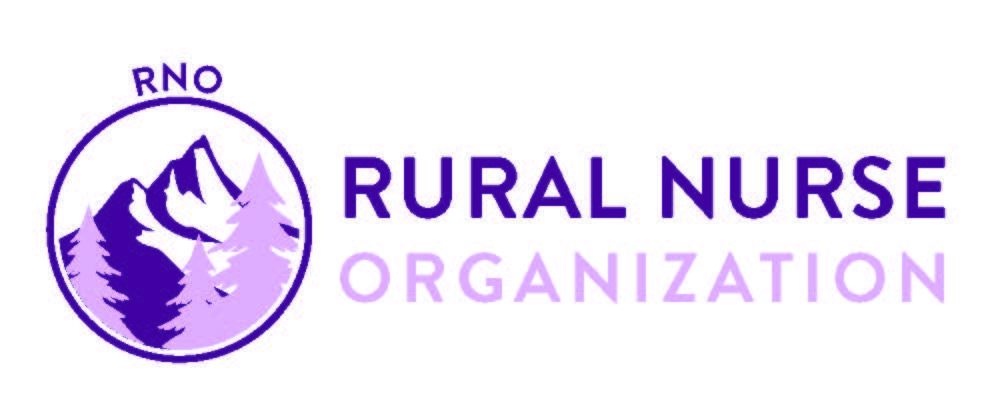Infant Mortality Related to Premature Births in Rural Areas
Jennifer E. Humphries, DNP, CRNP, NNP-BC
Premature birth is defined as babies born prior to 37-weeks’ gestation. Out of the top 10 most rural states (World Population Review, 2024), three of those states. Alabama, Mississippi, and West Virginia, have the highest rate for premature births, with rates ranging from 12.84-14.8% (Centers for Disease Control [CDC], 2022). An ongoing assessment and intervention are imperative to promote healthier pregnancies. Identifying the barriers and creating awareness can help reduce premature births and reduce infant mortality rates.
Many risk factors contribute to preterm birth. Women with previous preterm labor or birth, multiple infants (twins, triplets, etc.), and reproductive anomalies are some factors that can’t be changed. However, there are risk factors that can be prevented or managed to help reduce the risk of premature labor. These conditions include sexually transmitted diseases, infections such as urinary tract infections (UTI) or vaginal infections, hypertension, obesity, and diabetes or gestational diabetes (National Institute for Health, 2023). Often, medical conditions such as hypertension and diabetes mellitus, women waiting longer to access prenatal care, and inadequate maternal healthcare services offered by too few health providers in rural areas magnify this issue.
Social determinants such as ethnicity, maternal age, poverty, level of education and environmental factors also play a role in preterm labor or birth that contributes to increased mortality rates, especially in rural areas. African American women are more likely to have preterm infants compared to white women (National Institute for Health, 2023). Educating women about their health can be the first step in improving healthy pregnancies. Education should include avoiding alcohol, smoking, and drugs. Additionally, the importance of seeing the provider regularly should be discussed with women (Alabama Department of Public Health, 2024). No prenatal care or limited prenatal care can lead to a delay in discovering any underlying concerns. With the decrease in the number of birthing hospitals and maternity access in rural areas, also known as maternity care deserts, the complexity of maternal care remains a concern (March of Dimes, 2023).
The importance of creating awareness and addressing factors contributing to preterm births is imperative to improve the overall health of babies and mothers. Collaborations among individuals and organizations (e.g., state public health agencies; state perinatal programs designed to improve the physical and psychosocial well-being of women, infants, and families; and health providers) can create an awareness to address these health disparities, implement evidenced based practice, and improve the overall health of women in rural areas.
References
Alabama Department of Public Health. (2024, September 10). Infant mortality. Retrieved from Alabama Department of Public Health: https://www.alabamapublichealth.gov/perinatal/infant-mortality.html
Centers for Disease Control [CDC]. (2022, February 25). Percentage of births born preterm by state. Retrieved from National Center for Health Statistics: https://www.cdc.gov/nchs/pressroom/sosmap/preterm_births/preterm.htm
March of Dimes. (2023). Where you lives matters: maternity care in Alabama . Retrieved from Healthy Moms. Strong Babies: https://www.marchofdimes.org/peristats/assets/s3/reports/mcd/Maternity-Care-Report-Alabama.pdf
National Institute for Health. (2023, May 9). What are the risk factors for preterm labor and birth? Retrieved from U.S Department of Health and Human Services: https://www.nichd.nih.gov/health/topics/preterm/conditioninfo/who_risk
World Population Review. (2024). Most rural states 2024. https://worldpopulationreview.com/state-rankings/most-rural-states
